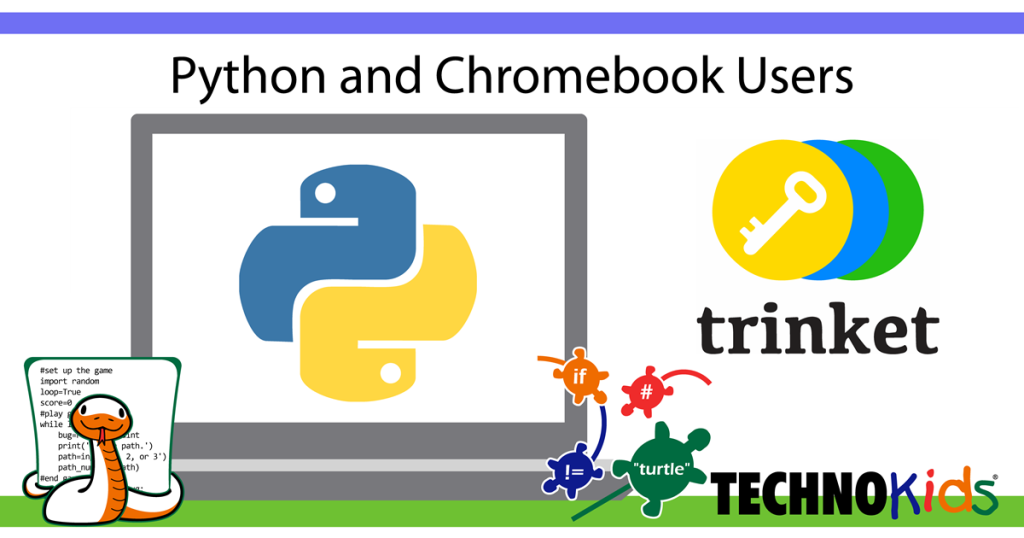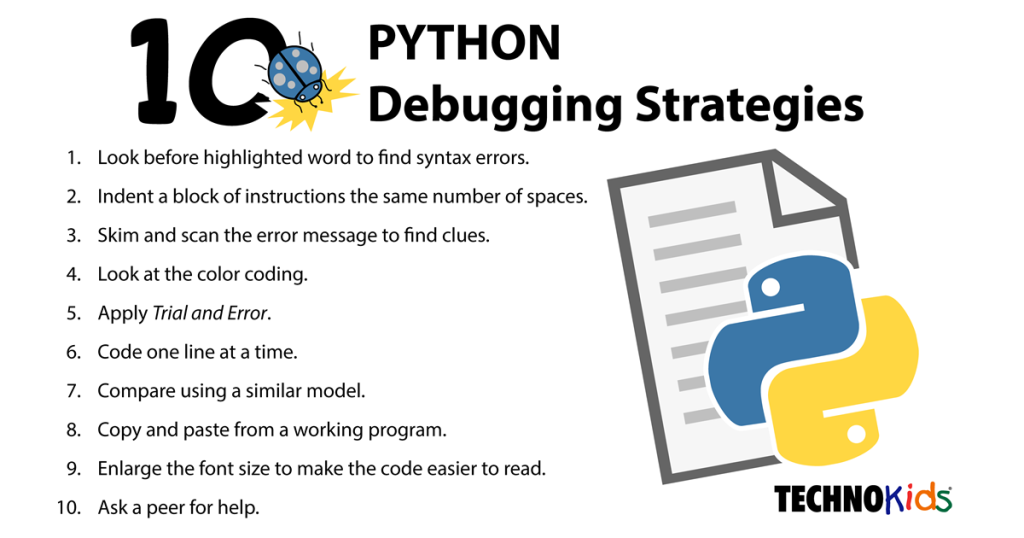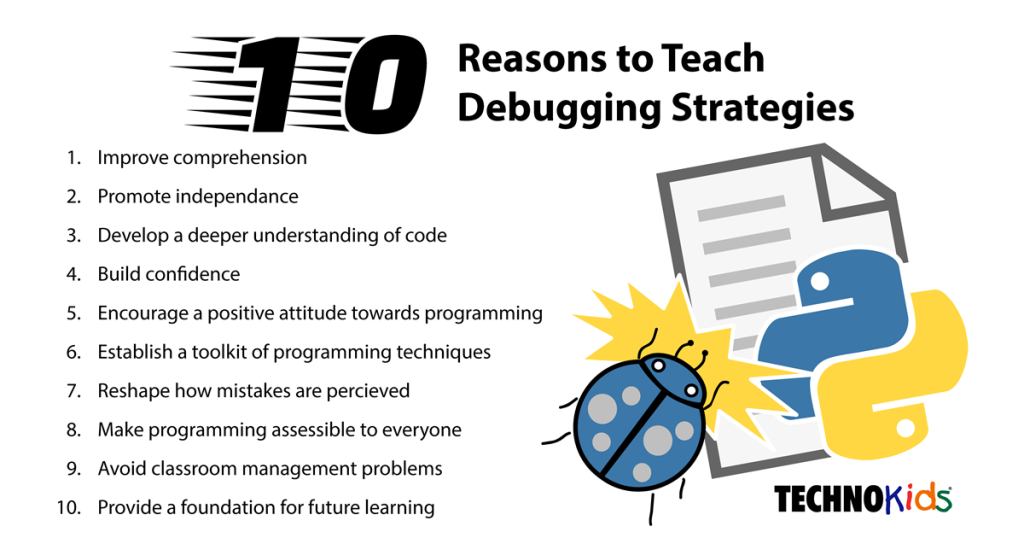Teaching Python on Chromebooks is Easy with Trinket
When teaching Python on Chromebooks it can be difficult to find an extension that allows students to easily write, edit, run, and save their programs. There are a few extensions available, however often they do not import Libraries such as Turtle or display images, which makes some programming activities for beginners impossible to complete. A […]
Teaching Python on Chromebooks is Easy with Trinket Read More »









